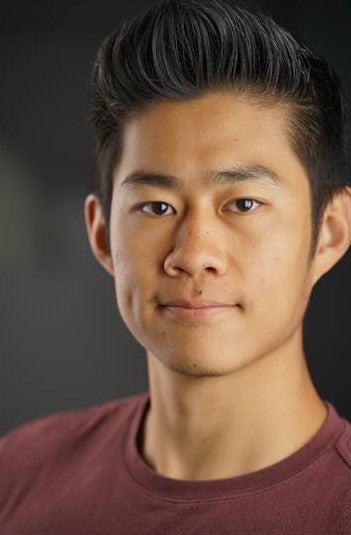My name is Andy Wang and I graduated in 2013 from the class of 2008.

I only knew computer science (CS) back in grade 12 and didn’t know a thing about accounting or finance. I saw this program randomly and wanted to take on a challenge in addition to the CS side. I’m so glad I did and things have worked out!
The one obvious advantage for CFM students is essentially doing a double-major from computer science (CS) and accounting and financial management (AFM). I think a hidden advantage that CFM students have is that they’re more competitive to get co-op opportunities in early terms. Most CS students don’t have business acumen or background, and most AFM students don’t have a programming background.
Personally, I learned a lot of important skills during my time in CFM despite the fact that I’ve only been in finance-focused careers upon graduation. From the CS side, I learned many concepts and honed my structured problem-solving skills; from the AFM side, I was taught finance and accounting theories while having had opportunities to solve real-world problems in group discussions.
I participated in many SAF extracurricular activities to establish a network in the accounting & finance community. A lot of the great memories I have were from the competitions I competed in. The first one was the TD Securities Financial Case Competition at the University of Ottawa. When I participated in second year, I didn’t know a thing… my team and I placed 13th, out of 13 teams. However, I was so intrigued by the cases and I was determined to win it the year after. So while my team and I were doing co-op work terms in Toronto, every Saturday we would go to Waterloo and do three 3-hour cases with Professors Ranjini and Alan Douglas. Then when the competition came around next year, we won first place ahead of other business schools like Ivey and Queen’s. Another very memorable competition is the Chartered Financial Analyst (CFA) Investment Research Challenge. It’s an annual competition hosted by the CFA Institute globally, where each school can only bring forth one team of five students to present their investment research and analysis on a publicly-listed company. My team and I once again worked with professors and industry mentors tirelessly and made it to the global finals while pitching a Buy recommendation on Dollarama’s stocks. The win represented Waterloo’s 5th consecutive win in Canada since the competition started six years ago.
I’ve actually done 8 co-op terms, all across roles in the financial services industry. I started with roles heavily focused on my CS side, then slowly shifted from CS to more accounting and finance through each of my co-ops. My co-op experiences included being a software developer at International Financial Data Services (IFDS), TD Bank, corporate treasury at RBC Royal Bank, sales and trading at Investment Technology Group (ITG), infrastructure and private equity at Ontario Teacher's Pension Plan (OTPP).
The advice I have for current CFM students would definitely be to take advantage of co-op. There are six co-op terms for you to try whatever it is you’re interested in. If you’re more into CS, go deeper in that field, if you want to try consulting, get closer to that. You should fully utilize the fact that you have six co-op terms to “test” what you like before you make a more definite and longer-term career choice upon graduation. Apart from this, stop doing things for other people. Too often I’ve seen many mentees doing things that aren’t true to themselves. Someone to be an accountant because it would make their parents proud, someone want to work in investment banking because it makes them feel like they make more money and more prestigious to their friends, and someone want to be a programmer at a large tech company because it’s “cool” and it’s a stable job. Don’t do any of those if you aren’t doing it for intrinsic reasons. Be authentic and be yourself. Most of you only have this one time in university to explore what you want to do. Eventually, as you get older, you’ll start to notice that the people you’ve been doing all these things for, they either don’t want the best for you, or they simply don’t care. Finally, always remember to give back. Whether you’re “successful” or not, you should always have the time to give back in whatever way you like. If you had a mentor that helped you tremendously, wouldn’t someone else in your shoes back then appreciate the same?
Since graduation, I worked for three years at Canadian Imperial Bank of Commerce (CIBC) in Investment Banking Mergers and Acquisitions, then about two years at Canadian Pension Plan Investment Board (CPPIB) in Private Investments. I’m currently in charge of Finance and Operations at a startup in Toronto called Forma Ai. Knowing what I do now about my career path, I would tell myself as a first-year CFM student that everything is fine and will be fine. Just be true to yourself and chase what interests and motivates you, then there’s nothing you need to worry about.
Each month, the CFM program will share stories of its alumni in the aim to help future and current students learn from their experiences, and help alumni stay connected. Contact Heather Steinmetz if you wish to share your stories. We look forward to hearing from you and what you have to say about the CFM program.